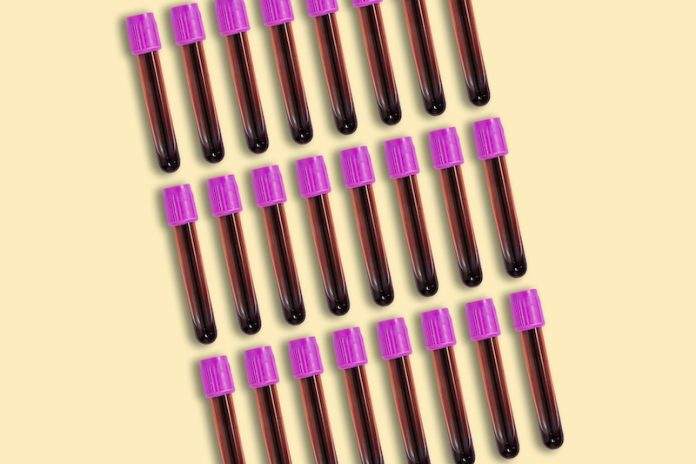
Cholesterol is often linked to heart disease, but its role in strokes is less clear. Recent research, published in Science Bulletin, sheds light on how cholesterol levels affect stroke patients and challenges some common beliefs about cholesterol and health.
What Is Cholesterol?
Cholesterol is a fat-like substance that’s found in your body. There are two main types: LDL (low-density lipoprotein) and HDL (high-density lipoprotein).
LDL is often labeled as “bad” cholesterol because high levels can clog arteries and increase the risk of heart disease. On the other hand, HDL is considered “good” cholesterol because it helps clear cholesterol from your bloodstream.
Doctors usually recommend keeping LDL cholesterol levels low to protect against heart attacks. However, things might not be as straightforward when it comes to stroke recovery.
The Study and Its Purpose
A group of scientists wanted to understand how LDL cholesterol impacts the survival of stroke patients. Specifically, they wanted to explore whether LDL cholesterol levels influenced the chances of developing infections after a stroke and how these infections affected survival rates.
To find answers, researchers looked at the medical records of over 800,000 stroke patients. They aimed to uncover if there was a connection between LDL levels and death rates after a stroke.
Surprising Findings: The U-Shaped Link
The results were not what you might expect. Instead of finding that lower LDL levels always meant better outcomes, the researchers discovered a U-shaped pattern. This means that both very low and very high LDL cholesterol levels were linked to a higher risk of death after a stroke.
According to the study, the safest LDL level appeared to be around 2.67 mmol/L. Having LDL levels significantly lower or higher than this was connected to a greater risk of dying after a stroke.
Role of Infections
One of the most striking findings was that nearly 40% of the link between LDL cholesterol and death after a stroke could be explained by infections.
The study showed that patients with low LDL cholesterol levels were more likely to get infections after a stroke, which in turn raised their risk of dying.
This suggests that having lower LDL cholesterol might not always be a good thing, especially for stroke patients. Infections can be particularly harmful during the recovery phase, and low LDL cholesterol could make the body more vulnerable.
Consistent Results Despite Other Factors
The researchers dug deeper into their data to see if this U-shaped pattern held up when considering other factors like age, gender, body weight, and the severity of the stroke.
Even with these variables in mind, the connection between LDL levels, infections, and survival remained the same.
What Does This Mean for Stroke Patients?
These findings suggest that for people recovering from a stroke, keeping LDL cholesterol levels at an optimal range might be crucial. It’s not just about lowering LDL to the lowest level possible; it’s about finding a balance to avoid complications like infections.
The study also raises the idea that cholesterol management for stroke patients might need to be more personalized. While lower LDL is often the goal for heart health, this research hints that it may not be the best approach for everyone, especially during stroke recovery.
The Need for More Research
Although these findings are compelling, they are still just a starting point. More research is needed to better understand how cholesterol affects stroke recovery and whether adjusting LDL levels could improve survival rates.
If you or a loved one has had a stroke, these insights highlight the importance of having open conversations with doctors about cholesterol levels and any health changes. Managing cholesterol might require a different approach depending on individual health conditions.
Final Thoughts
This study challenges the common belief that lower LDL cholesterol is always better. It suggests that during the critical period after a stroke, extremely low LDL levels could increase the risk of infections and reduce the chances of survival.
As always, it’s crucial to consult with healthcare professionals to understand your cholesterol levels and what they mean for your health.
If you’re interested in improving heart health, you might also find it helpful to explore other studies, like those highlighting the benefits of the Mediterranean diet for brain health and the positive effects of wild blueberries on the heart.
This research adds to our growing understanding of how cholesterol functions in our bodies and reinforces the need for more personalized health strategies, especially for those recovering from strokes.
If you care about heart failure, please read studies about diabetes drug that could revolutionize heart failure treatment, and this drug can be a low-cost heart failure treatment
For more information about heart health, please see recent studies that exercise in middle age reversed worrisome heart failure, and results showing this drug combo can cut risk of stroke and heart attack by half.
Copyright © 2024 Knowridge Science Report. All rights reserved.



